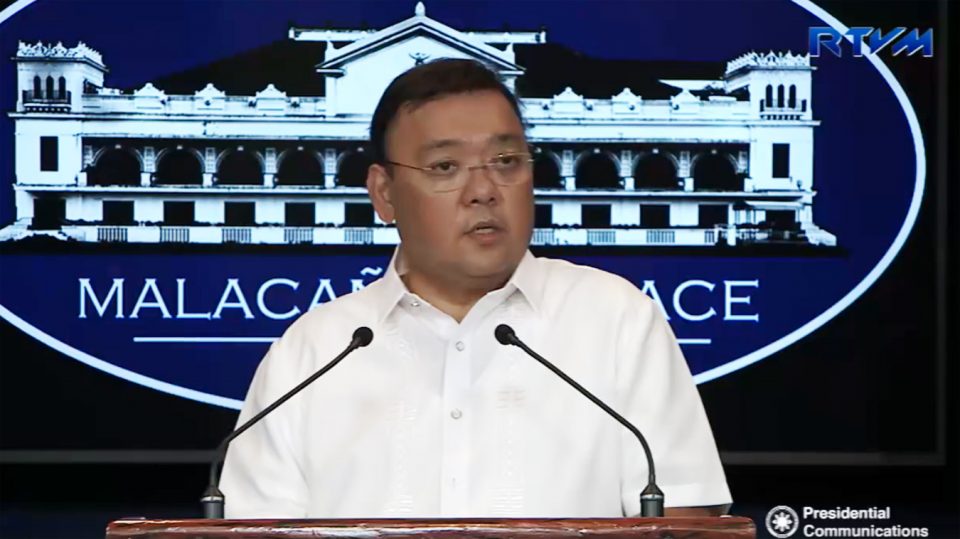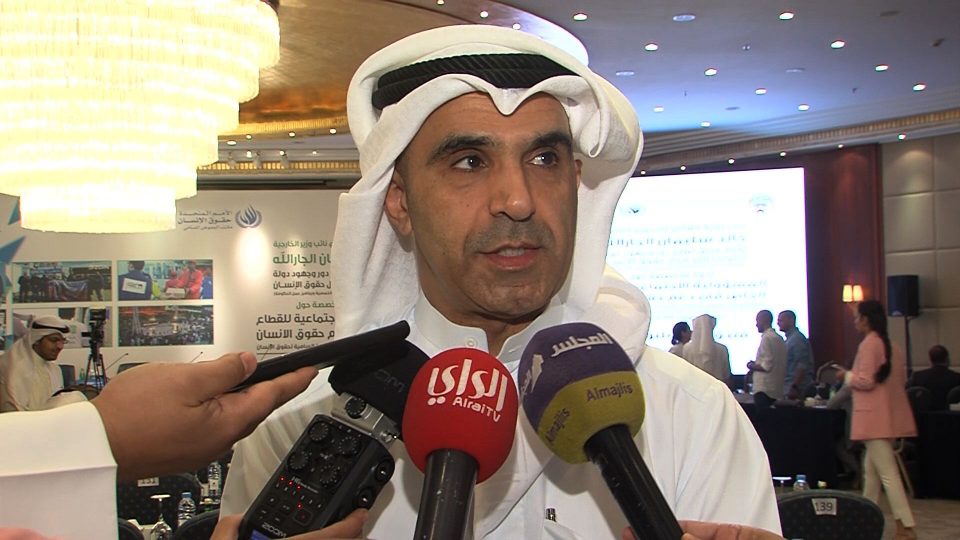
(Eagle News) — Malacanang said that the deployment ban of overseas Filipino workers to Kuwait stays until a memorandum of agreement (MOA) for the minimum terms and conditions of employment of Philippine nationals in Kuwait is reached or signed.
Presidential Spokesperson Harry Roque said that Philippine and Kuwaiti officials are also continuing negotiations and talks on the matter, as he stressed that the Philippines was still trying to normalize ties with the Gulf State.
In fact, he said Labor Secretary Silvestre Bello III will be talking personally to Kuwait government officials regarding the MOU when he leaves for Kuwait on May 7.
“As you know [Labor] Secretary [Silverstre] Bello and other cabinet members will be leaving for Kuwait on the 7th, which means that the process of diplomatic negotiations and conversations continues as we speak,” Presidential Spokesperson Harry Roque said in a press briefing on Monday.
As to whether the ban was permanent, Roque said that “it stays right now because the precondition set by the President is really the signing of that MOA.”
Roque also gave assurance that mechanisms are in place to protect Filipino workers who have chosen to remain in Kuwait.
-Kuwait-PHL diplomatic ties stay-
He said Philippines’ diplomatic ties with Kuwait remain with the presence of a diplomatic mission headed by a chargé d’affaires.
“We still have a mission there to protect our nationals and Kuwait also is duty-bound to protect aliens under the standards dictated by international law, under terms and conditions which are not inferior to the way they treat their own nationals,” he said.
The Palace official added that the Philippines is trying to normalize ties with Kuwait saying, “He (The President) is not picking a fight with Kuwait. The President was very somber, he was very calm; he says that if Kuwait does not want our workers, then he would ask them to come home. But he has expressed profound gratitude for the fact that Kuwait has employed many of our nationals. So the whole tenor was non-confrontational.”
-Kuwait says issue largely a misunderstanding, direct talks to continue with PHL-
This came about as a senior Kuwaiti official on Monday sought to calm a crisis with the Philippines over the treatment of domestic workers in the oil-rich Gulf state.
President Duterte in February prohibited workers heading to Kuwait following the murder of a Filipina maid whose body was found stuffed in her employer’s freezer.
The resulting row deepened last week after Kuwaiti authorities ordered Manila’s envoy to leave the country over videos of Philippine embassy staff helping workers in Kuwait flee allegedly abusive employers.

“This is largely a misunderstanding and exaggeration of some minor or one-off cases,” Deputy Foreign Minister Nasser al-Subaih told reporters in Kuwait City.
“We have taken a serious stance … but we do not believe in escalation and want to remain in direct communication to resolve the problem,” Subaih added.
Kuwait has also detained four Filipinos hired by the Philippine embassy and issued arrest warrants against three diplomatic personnel.
Subaih said those suspected of participating in the operation to help workers escape were not accredited diplomats and that they were now holed up in the Philippines’ embassy in Manila.
The foreign ministry was “awaiting cooperation” for their handover to carry out an investigation.
During its weekly meeting, the Kuwaiti government on Monday said it was opposed to any move “aimed at undermining its sovereignty and its laws”, the official KUNA news agency reported.
The government added however that it will set up a special commission chaired by the minister of social affairs and labor to follow up “on cooperation with friendly states” on the employment of housemaids in Kuwait.
Kuwait and the Philippines had been negotiating a labor deal that could have resulted in the lifting of the ban on Filipinos working in the Gulf state.
Around 262,000 Filipinos work in Kuwait, nearly 60 percent of them domestic workers, according to the Philippines’ foreign ministry.
Duterte said workers returning from Kuwait could find employment as English teachers in China, citing improved ties with Beijing.
(with a report from Agence France-Presse)







